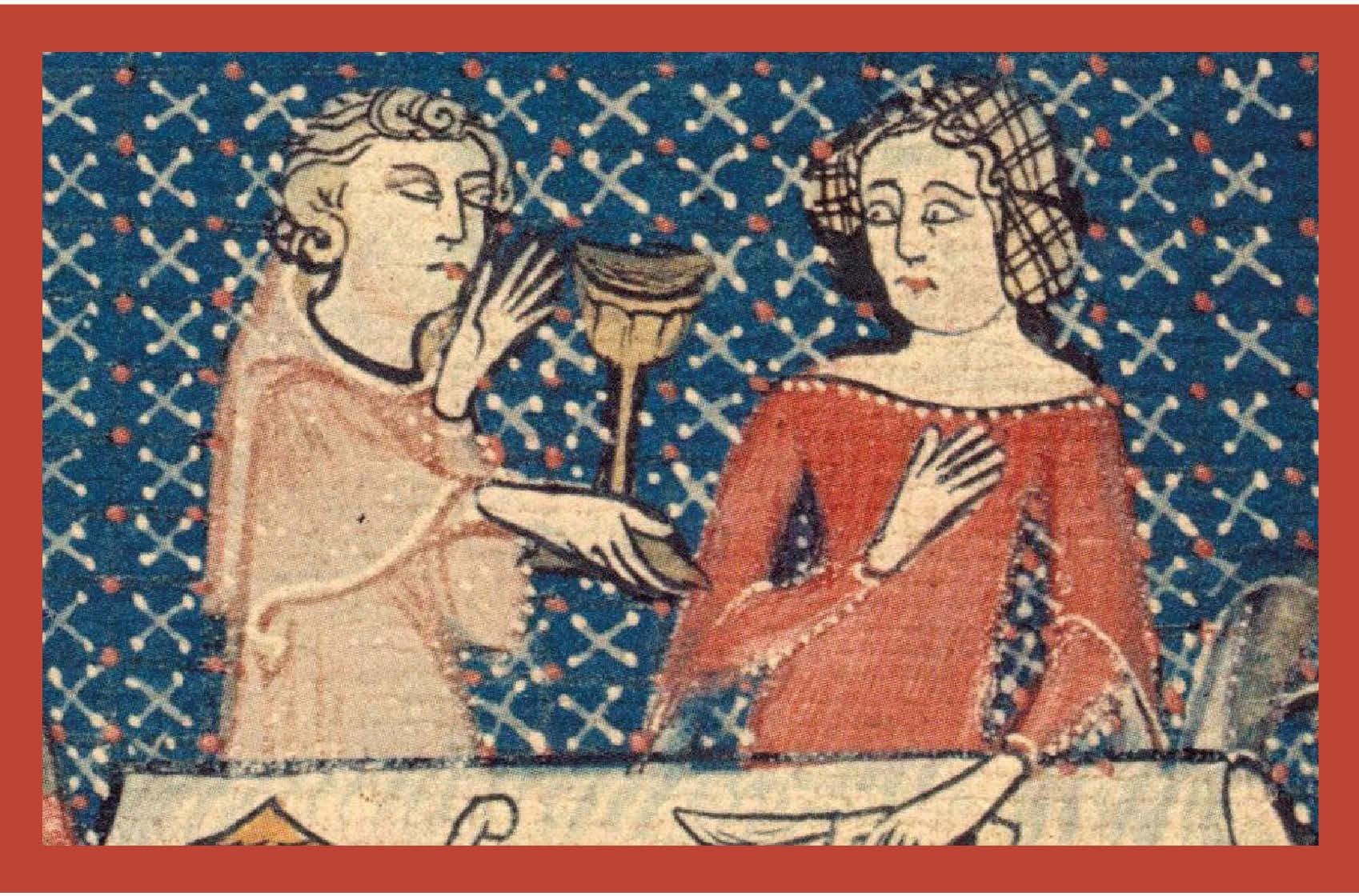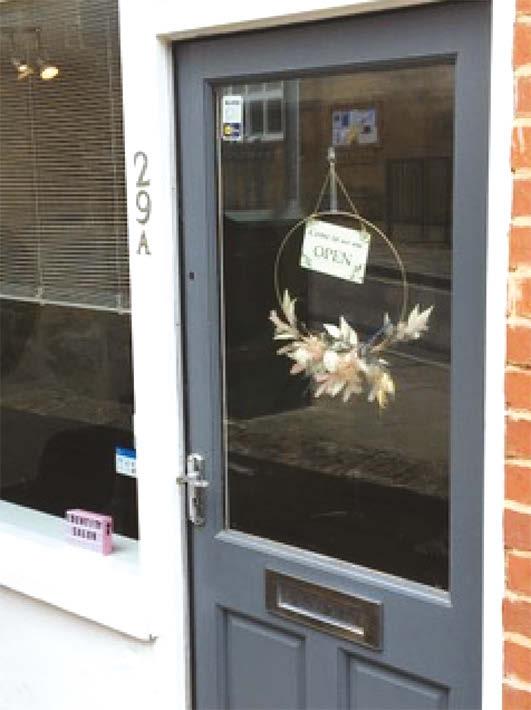
4 minute read
REMEMBER WHEN
Remember when ... 30 years ago from archives
Campaigning in Crewkerne
Advertisement
THROUGHOUT 1992 Crewkerne was plastered with posters, car stickers and badges proclaiming LUCK. The brainchild of the town’s Chamber of Trade, the LUCK campaign proclaimed Let’s Use CrewKerne and Chamber members visited local schools to make pupils aware of the importance of using local shops and services.
The June 1992 Visitor reported that as an incentive, numbered badges were being distributed and each month there would be a LUCKy prize winner. It added that ‘the Chamber will also be taking an active part in the Carnival – their theme being ‘joining Europe’ – so look out for them in the Carnival Procession on 13th June’. Will its theme for 2022 be ‘leaving Europe’ I wonder.
Cauliflower concerns
Also on the theme of using local shops, the writer of the Wine & Dine column asked why people buy fruit and vegetables in supermarkets when there are some great bargains to be had in local greengrocers. ‘On a recent trip into the supermarket I was stunned by the price tag attached to a cauliflower.
It was so high I presumed that timeshare in the veg dept was included,’ he wrote. ‘Inspired by this shock I visited another supermarket and four small veg shops. Guess what folks, don’t buy your veg in major chain supermarkets unless you really have an unrelenting desire to be ripped off.’ To illustrate the point he pointed out that ‘the aforementioned cauliflower was £1 more in Safeways than at the small independents’ and that ‘the supermarkets should be able to sell veg cheaper as they have a greater bargaining power’. Sadly the past 30 years have seen the closure of many Visitorland greengrocers as a result of competition from the supermarkets.

Last orders in Wincanton
Talking of closures, no fewer than three of the six Wincanton pubs advertising in the June 1992 Visitor have since closed.
No longer do ‘Jim and Joan welcome you to the Red Lion Inn’ on the Market Place; no longer is ‘our cosy pub open all day six days a week – why not pop in and see us’. Likewise the George Inn on Mill Street, where ‘Peter is the front man and Alex is both chef and decorator’, was boasting ‘good bar food, Sunday lunches £2.50, skittle alley, beer garden, car park’. And ‘Nick and Jean welcome you to the Railway Inn’ where home-cooked specials were available every day, quizzes held every Thursday evening, live music and a prize draw every Saturday night and ‘6-a-side summer skittles knockout entry forms are now available’.
Wincanton’s railway line and station had closed some 25 years earlier but the nearby pub was still thriving. Not so in 2022!
Bad news for news
With rising inflation making the headlines in 2022 I was interested to read in the June 1992 issue that ‘older readers might share my disquiet that seven shillings seems an awful lot to pay for a local paper, although I haven’t yet heard protests from the Conservative backwoods that the Western Gazette price went up to 35p last month. Surprising really since that’s an increase of over 16.5% –when the Conservative frontiersmen have just spent the pre-election months bragging that they’ve got inflation down to less than 5%.’
Back in those days the Gazette claimed to be ‘Britain’s biggest local weekly paper’, producing a handful of local editions (albeit with only six or seven of its 96 pages being editionised) and selling more than 50,000 copies.
The Visitor’s columnist wrote that ‘local papers are uniquely placed to serve and foster local communities’ and that ‘they can thrive in tomorrow’s world of electronic communication if they are well reported, well written, well produced. Sadly, most in the Visitor’s area are not.’
Nowadays the Gazette costs £1.60 for 48 pages (plus eight pages of the same puzzles that appear in the Western Daily Press) and weekly sales have collapsed to less than 10,000. Call for cash
A couple of months ago in this column I mentioned that a site had at last been found for a new community hall for Castle Cary and Ansford. The June 1992 Visitor contained this progress report: ‘Sunday 26th April marked the launch of the final fund-raising drive for the Caryford Hall ... the event was marked by the planting of a tree on the site by the Association’s patron, Count de Salis of Yarlington.’ It was hoped that work would commence later in the year but ‘£70,000 is still needed to fund the project. Anyone wishing to help in this development by means of a donation or in any other way should contact the Association’s secretary.’ Clearly enough help was forthcoming, for the superb hall has long been a popular, much-used facility in the area. Roger Richards.










